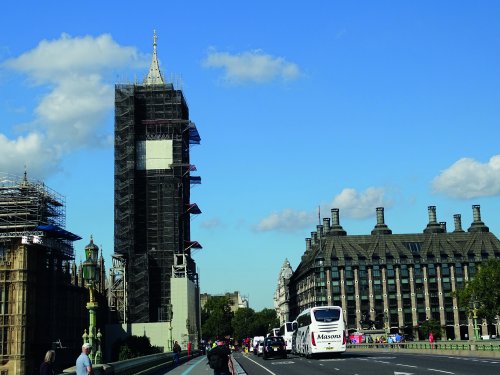
At the latest meeting of the Transport Committee on Wednesday 24 March, expert witnesses put forward the ongoing case for sector-specific help
In a meeting of the Transport Committee held at Westminster and via teleconferencing on Wednesday 24 March, a number of figures representing the interests of the coaching sector made its plight known. However, it was made very clear by Transport Minister Baroness Vere and Tourism Minister Nigel Huddleston that no additional help would be forthcoming to the coach sector, beyond what has already been made available.
[…]
By subscribing you will benefit from:
- Operator & Supplier Profiles
- Face-to-Face Interviews
- Latest News
- Test Drives and Reviews
- Legal Updates
- Route Focus
- Industry Insider Opinions
- Passenger Perspective
- Vehicle Launches
- and much more!


